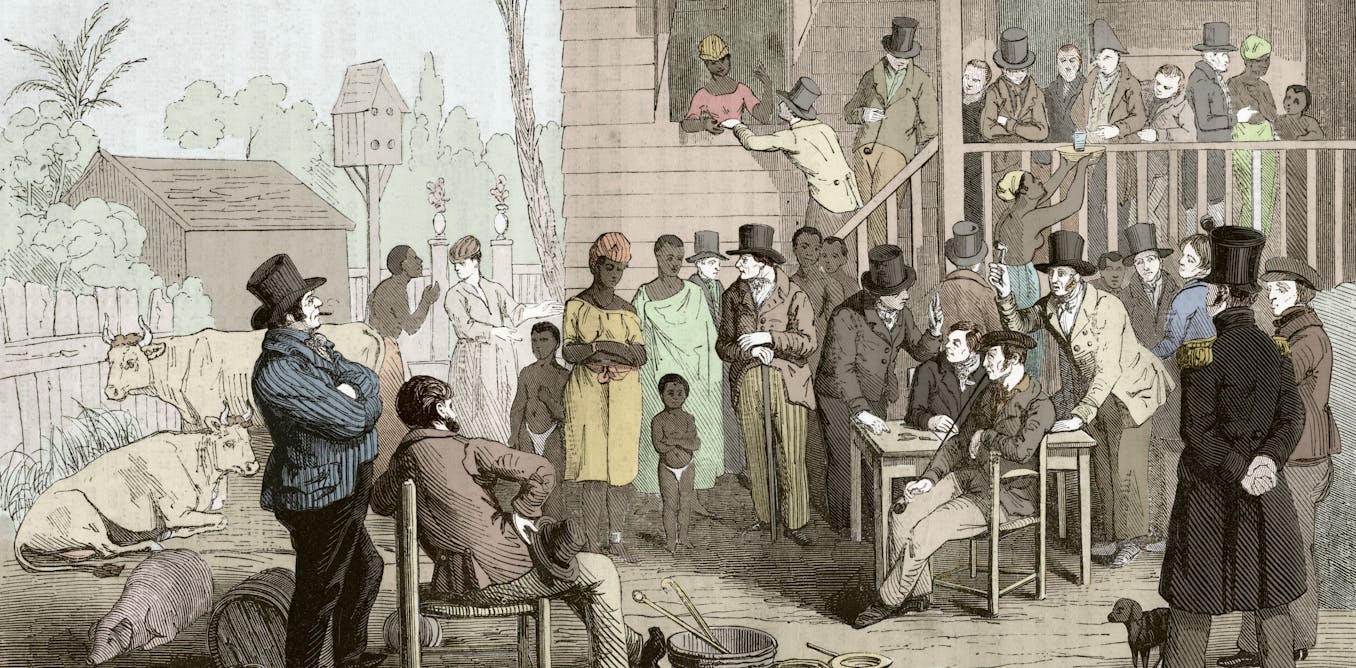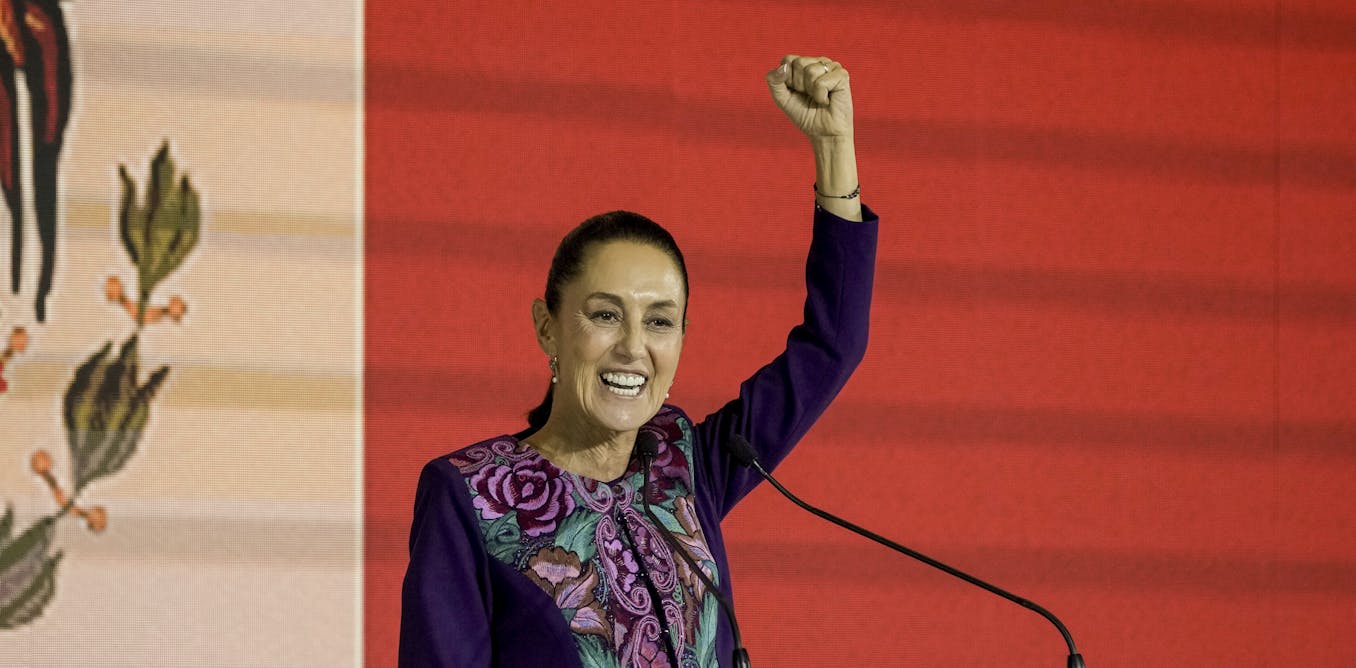As the United States continues to confront the realities and legacy of slavery, Americans continue to challenge myths about the country’s history. One enduring myth is that slavery was a largely male endeavor — that, for the most part, the buying, selling, trading and profiting from enslavement were carried out by white men alone. While...
Author: sp (sp )
Basic Income Can Double Global GDP While Reducing Carbon Emissions
Giving a regular cash payment to the entire world population has the potential to increase global gross domestic product (GDP) by 130%, according to a new analysis published June 7 in the journal Cell Reports Sustainability. Researchers suggest that charging carbon emitters with an emission tax could help fund such basic income program while reducing environmental...
How Midwestern States Are Courting Taiwanese Investment
Despite Illinois’s trade ties with Taiwan, other Midwest states have taken steps that Illinois hasn’t to deepen their government’s relationship with Taipei. The Midwest lies thousands of miles from the Taiwan Strait, but it’s still buffeted by turbulent cross-strait relations. Illinois and its neighbors have always had to weigh the concerns of both Taiwan and...
To Protect Kids Online, Follow the Law
Courts have repeatedly struck down states’ child safety bills. Looking to past cases gives lawmakers a better playbook for future legislation. The most active issue in technology policy in the United States is child safety. In 2023, states passed 23 laws governing kids’ experiences online, and many more legislatures are debating the issue this year. In Congress,...
Only Around Half of Individuals Disclose or Believe They Should Reveal Having an STI Prior to Sexual Intercourse, Research To-Date Suggests
A review of research to-date reveals the complex nature of revealing a diagnosis of a sexually transmitted infection (STI) to a partner ahead of engaging in sexual activity. With individuals experiencing a variety of feelings and emotions related to the prospect of disclosure, the research shows that only around half or fewer individuals felt able...
Musk’s X Is Allowing Users to Post Consensual Adult Content, Formalizing a Prior Twitter Policy
The social media platform X says it will now formally allow people to show consensual adult content, as long as it is clearly labeled as such. The move makes official a policy already in place when the platform was known as Twitter, before billionaire Elon Musk purchased it in 2022. In a recent update on its website,...
Mexico Elects First Female President − but Will That Improve the Lot of Country’s Women?
Xavier Medina Vidal, University of Texas at Arlington and Christopher Chambers-Ju, University of Texas at Arlington Mexico will have its first woman president following a landmark vote on June 2, 2024. After an election period marred by violence, ruling Morena party candidate Claudia Sheinbaum, a former Mexico City mayor, emerged as the victor with about...
Mexico Has Elected Its First Female President. Claudia Sheinbaum Inherits a Polarised, Violent Country Looking for Hope
On October 17, 1953, constitutional reform granted women the right to vote in Mexico, and two years later, women cast ballots for the first time in a federal election. Now, nearly 70 years later, Mexico has elected a woman president for the first time, according to an official quick count. Claudia Sheinbaum, the former mayor...
Hackers Claim Responsibility for Christie’s Cyberattack and Threaten to Release Client Data
The group RansomHub say they are behind the attack that took down the auction house’s website earlier this month The hacker group RansomHub has claimed responsibility for the cyberattack that took down Christie’s website earlier this month. It said it is now in possession of “sensitive personal information” on the auction house’s clients, which it is threatening...
US Returns 600 Looted Antiquities Worth $65 M. to Italy
On Tuesday, Italy officially welcomed 600 antiquities from the United States, worth a collective $65 million, that were looted years ago and scattered in the holdings of museums, galleries, and collectors. The trove includes ancient gold coins, mosaics, manuscripts, and bronze statues, all of which were recovered during an extensive criminal investigation. The items were...









